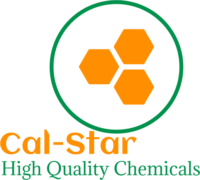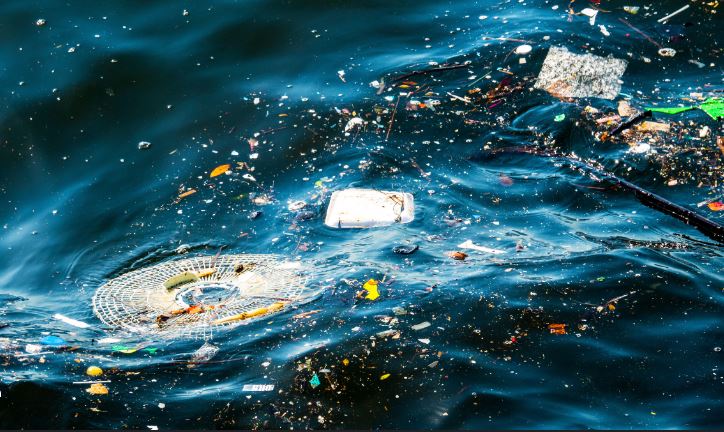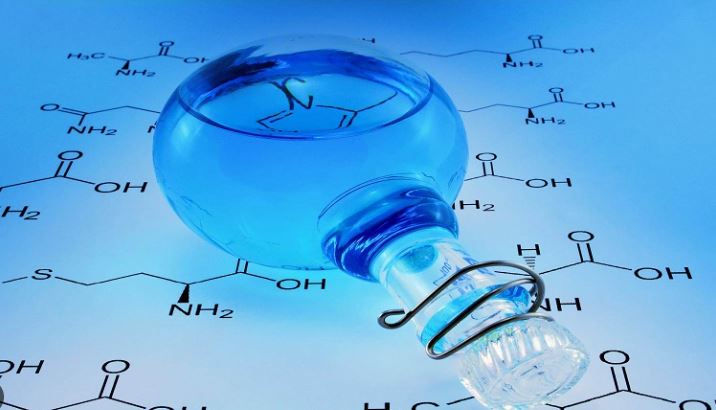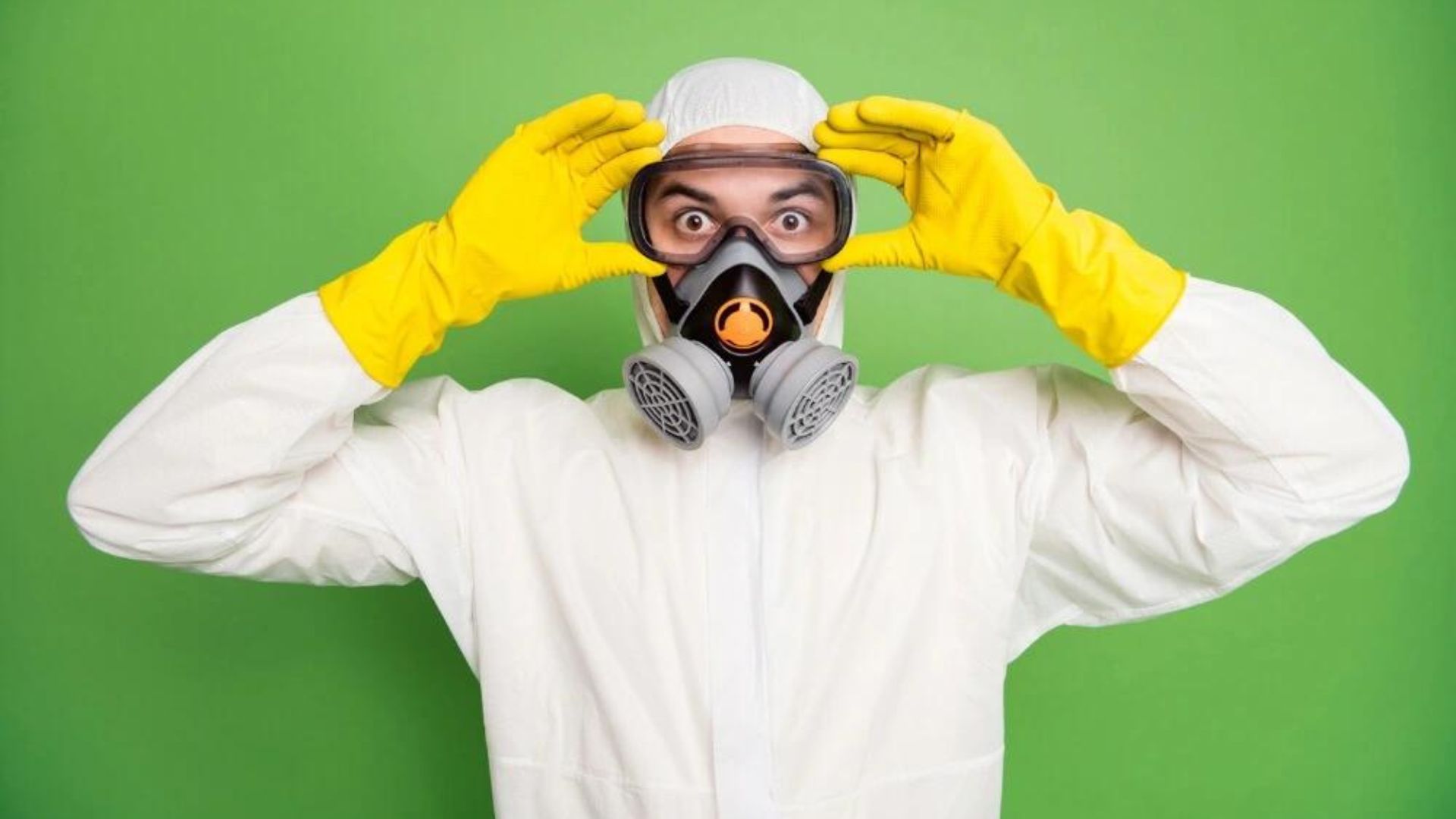Pollutants harm our environment and disrupt ecosystems. They come from various sources, including industrial activities, vehicle emissions, and agricultural practices. Understanding these pollutants and their effects is crucial for mitigating their impact and protecting our planet.
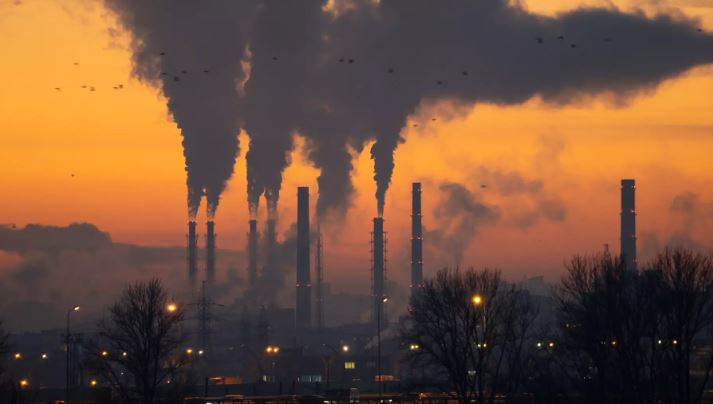
Pollutants and Their Environmental Impact
Types of Pollutants
Air pollutants, such as carbon monoxide, sulfur dioxide, and nitrogen oxides, originate from burning fossil fuels and industrial processes. These pollutants contribute to smog formation and acid rain, negatively impacting air quality and human health. Water pollutants include chemicals, heavy metals, and biological contaminants that enter water bodies from industrial discharge, agricultural runoff, and improper waste disposal. These pollutants can degrade water quality, harm aquatic life, and disrupt ecosystems. Soil toxins, including pesticides, heavy metals, and waste products, contaminate the land and affect plant growth, soil fertility, and food safety.
Effects on Ecosystems
Pollutants disrupt ecosystems by altering natural processes and harming wildlife. Air pollution can lead to respiratory problems in animals and reduce biodiversity by affecting plant life. Water pollution can cause algal blooms, deplete oxygen levels, and kill fish and other aquatic organisms. Soil contamination can hinder plant growth, reduce crop yields, and introduce harmful substances into the food chain. These disruptions can lead to long-term ecological damage and loss of biodiversity.
Impact on Human Health
Pollutants pose significant risks to human health. Air pollution can lead to respiratory diseases, cardiovascular problems, and premature death. Water contaminants can cause gastrointestinal infections, neurological disorders, and other health issues. Soil contamination can result in exposure to toxic substances through food and water, leading to various health problems, including cancer and developmental disorders. Addressing pollution is essential for safeguarding public health and ensuring a safe environment for future generations.
Mitigation Strategies
To combat the environmental impact of pollutants, we must implement effective mitigation strategies. Reducing emissions from industrial activities and vehicles can significantly decrease air pollution. Proper waste management and treatment can prevent water and soil contamination. Promoting sustainable agricultural practices and using eco-friendly products can minimize the introduction of pollutants into the environment. Public awareness and regulatory measures play a crucial role in enforcing environmental protection standards and encouraging responsible practices.
Technological Advances and Solutions
Advancements in technology offer promising solutions for reducing pollutants and their impact. Innovations in emission control systems, such as catalytic converters and scrubbers, help reduce air pollutants from industrial processes and vehicles. Water treatment technologies, including filtration and chemical treatment, effectively remove contaminants from water sources. Soil remediation techniques, such as bioremediation and phytoremediation, can clean up contaminated land and restore soil health. These technologies contribute to improving environmental quality and promoting sustainable development.
The Role of Policy and Regulation
Policy and regulation are critical in managing and reducing toxins. Governments and international organizations set standards and enforce regulations to limit pollutant emissions and manage waste. Policies promoting cleaner technologies, renewable energy sources, and environmental conservation efforts help address pollution and its effects. Collaborative efforts between governments, industries, and communities are essential for achieving effective pollution control and ensuring environmental sustainability.
Conclusion
In conclusion, pollutants have a profound impact on the environment, ecosystems, and human health. Addressing these challenges requires a combination of effective mitigation strategies, technological advancements, and strong regulatory measures. By understanding the sources and effects of pollutants, we can work towards a cleaner, healthier, and more sustainable world for future generations.
